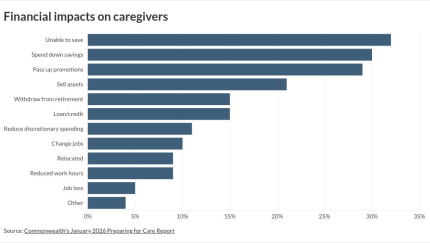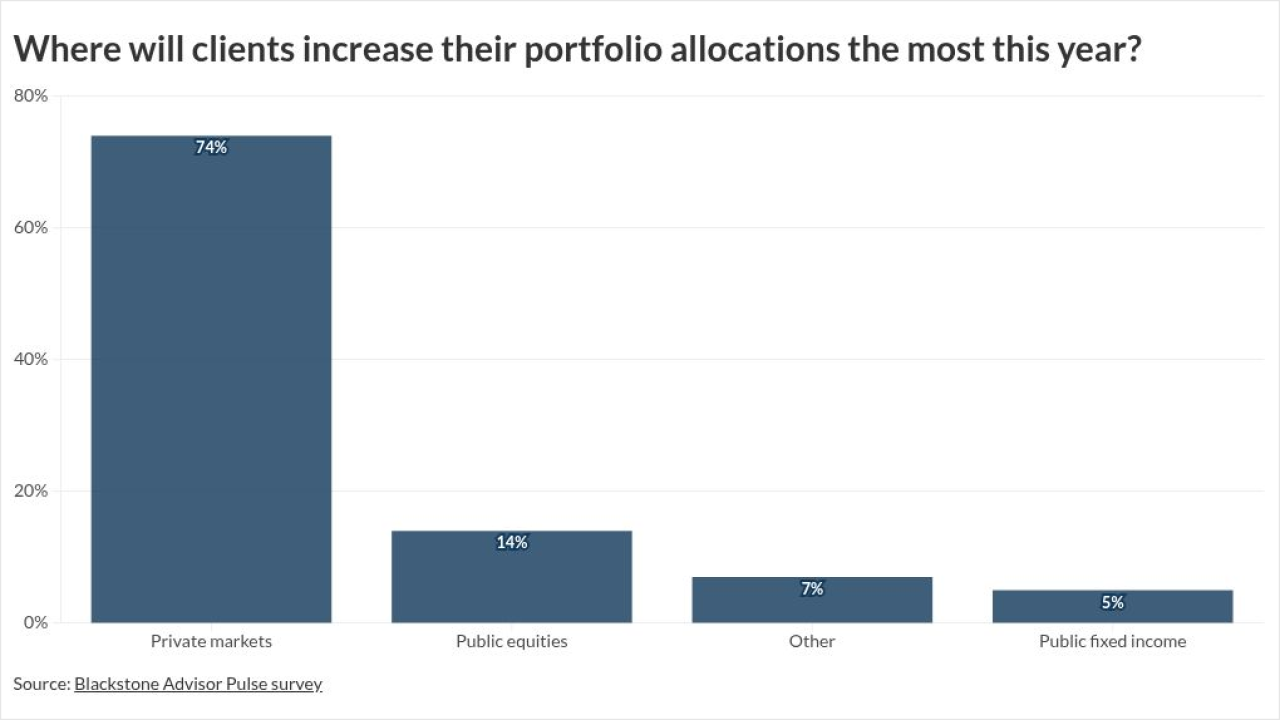Morgan Stanley is hitting back against a former broker who is seeking to vacate a $1.2 million FINRA arbitration award on the grounds that one of the arbiters may have had conflicting interests.
The firm filed a motion in a federal court in New York seeking to confirm the award in favor of Morgan Stanley, arguing the ex-advisor, Rachael Leigh Konz, did not challenge the proceedings until after the panel ruled against her, court records show. The motion is asking the court to throw out her petition to vacate the award filed in June.
“First of all, when you move to vacate you absolutely cannot attack the merits of the arbitration,” says Konz’s attorney, Joshua Brinen, of the New York-based Brinen & Associates. “What we’re saying is something was improper in the actual proceeding itself, and therefore, to render a decision is in manifest disregard of the law. We’re asking for a do-over.”

Working closely with firms that negotiate promissory notes could have swayed the arbitrator’s decision, the petition argues.
In Morgan Stanley’s motion, the firm argues that Konz agreed to the panel before the award was handed down and waited to dispute the panel after the award went against her. “An initial pre-hearing conference was held and the parties accepted the composition of the panel, including arbitrator Mabry,” according to court documents filed by Morgan Stanley.
Retail investors increased their allocations to private equity, private credit by a whopping 36% last year as advisors look for diversification and strong returns.
Financial advisors have critical roles for modifying financial plans to cover costs and long-term plans when clients find themselves faced with caring for a family member.
Wescott and Moneta Group present helpful examples of paths for financial advisors and other employees that experts say are essential for growth.
An attorney for Morgan Stanley, Gregory Galterio, declined to comment.
“It doesn’t matter, because that’s not the point,” Brinen says, regarding when Konz decided to question the legitimacy of the arbitrators on the FINRA panel. “FINRA should have stopped it, and reset the arbitration.”
Brinen admits vacating a FINRA arbitration award is “exceedingly rare.”
Konz is an 18-year industry veteran and is currently registered with Merrill Lynch. She began her career with Citicorp Investment Services in 1999 and moved to Merrill Lynch a year later, per FINRA BrokerCheck records. She had stints at Wells Fargo and BancWest Investments, before landing at Morgan Stanley in 2013, per BrokerCheck.








